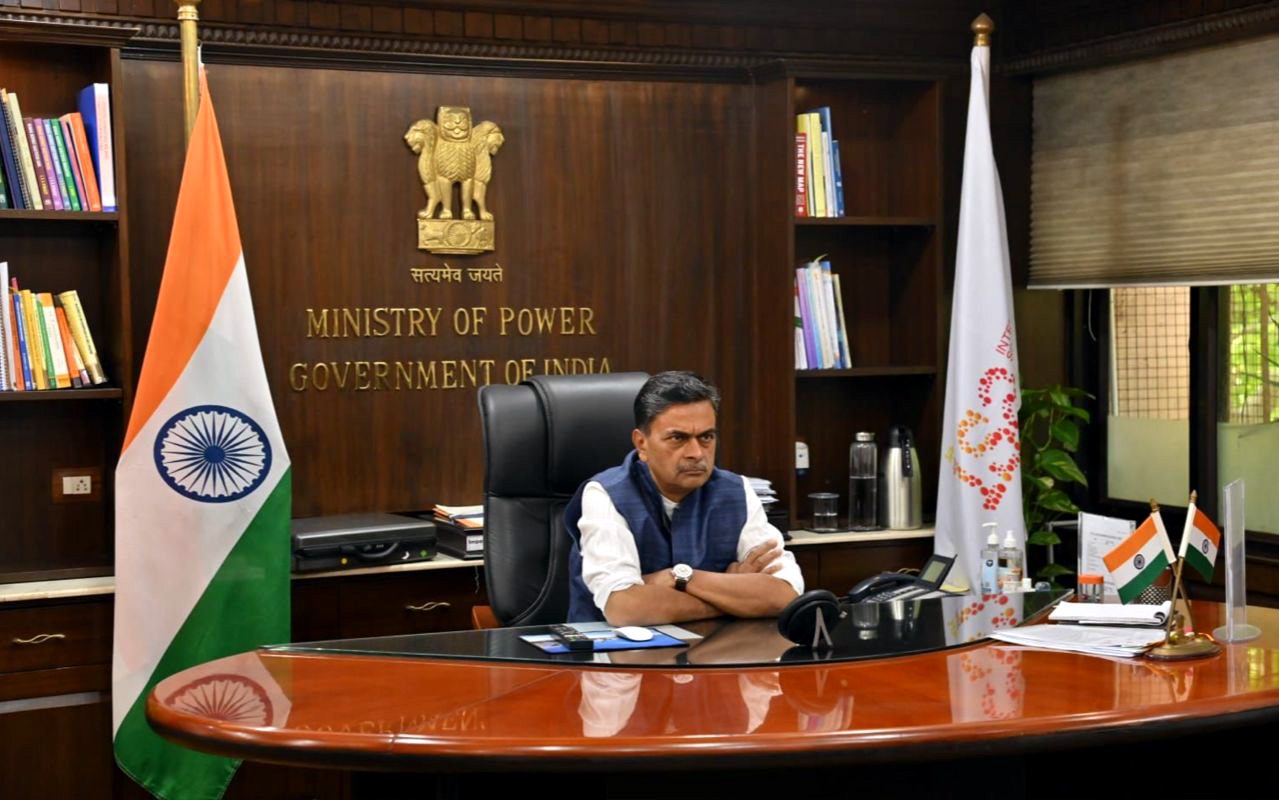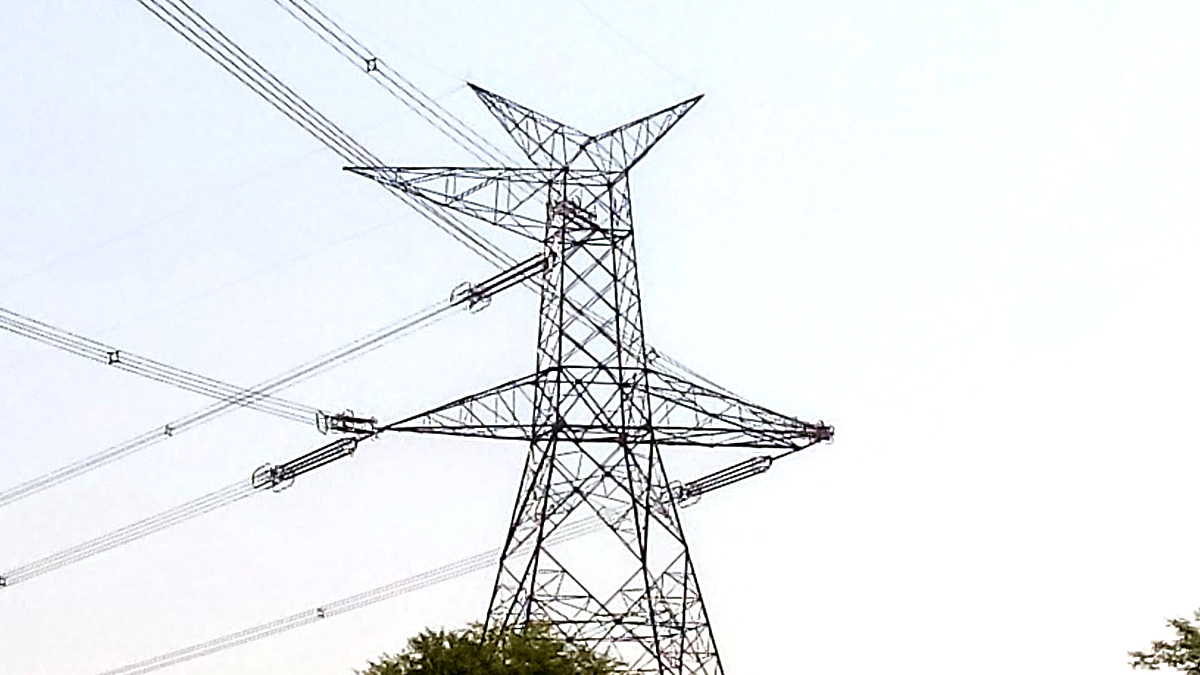The Power Ministry has directed Power Finance Corporation and REC Ltd to provide short-term loans to imported coal-based thermal plants that are under stress or facing insolvency suits amid the ongoing coal shortage crippling power generation in the country. The direction assumes significance in view of the power ministry’s earlier order that asked all imported coal-based plants to produce electricity at their 100% generation capacity.
“Union Power Ministry has directed Power Finance Corporation (PFC) and REC Ltd to take necessary action to arrange short term loans for a period of six months with adequate safeguards, for ICB (imported coal based power) plants which are under stress or in NCLT (national company law tribunal), at the earliest,” a power ministry statement said.
These plants need working capital to buy coal and start generating power in order to restart their operations, the ministry observed.
PFC and REC are non-banking financial companies that funds power sector projects.
Union Minister for Power and New and Renewable Energy RK Singh held a meeting on 9th May 2022 on issues related to working capital to imported coal-based plants that are stressed or are in NCLT.
In view of increased demand and unprecedented pressure on domestic coal supplies, the power ministry on 5th May 2022 issued directions under Section 11 of the Electricity Act, 2003, to all imported coal-based plants (ICB) to operate and generate power to their full capacity, even for projects that are stressed or under NCLT.
Directions will ensure that additional electricity is produced through imported coal and will be a net addition, the order said.
The ministry in the order noted that most of the states have allowed pass-through of the higher cost of imported coal to consumers, which aided to make operational 10,000 MW capacity out of the total 17,600 MW imported coal-based thermal plants in the country.
However, the ministry had said that “some imported coal-based capacity is still not operating”.
The order is valid up to October 31, 2022, the ministry had said.
Power demand has gone up by almost 20% in energy terms and the supply of domestic coal has increased but the rise in the supply is not sufficient to meet the increased demand for power, according to the order.
“This (demand-supply mismatch) is leading to load shedding in different areas. Because of the mismatch between the daily consumption of coal for power generation and the daily receipt of coal at the power plant, the stocks of coal at the power plant have been declining at a worrisome rate,” it had noted.
The international price of coal has gone up in an unprecedented fashion. It is currently around $140 per tonne, it had observed.
As a result of this, the impact of coal blending, which was of the order of 37 million tonnes in 2015-16, has gone down, leading to more pressure on domestic coal, the ministry had said in the order.
The imported coal-based generation capacity is around 17,600 MW. The PPAs for imported coal-based plants do not have adequate provision for pass-through of the entire increase in the international coal price, it had stated.
At present, the price of imported coal, running of imported coal-based plants and supply of power at the PPA rates will lead to huge losses to the generators and therefore, they were not willing to run those plants, it had observed.













